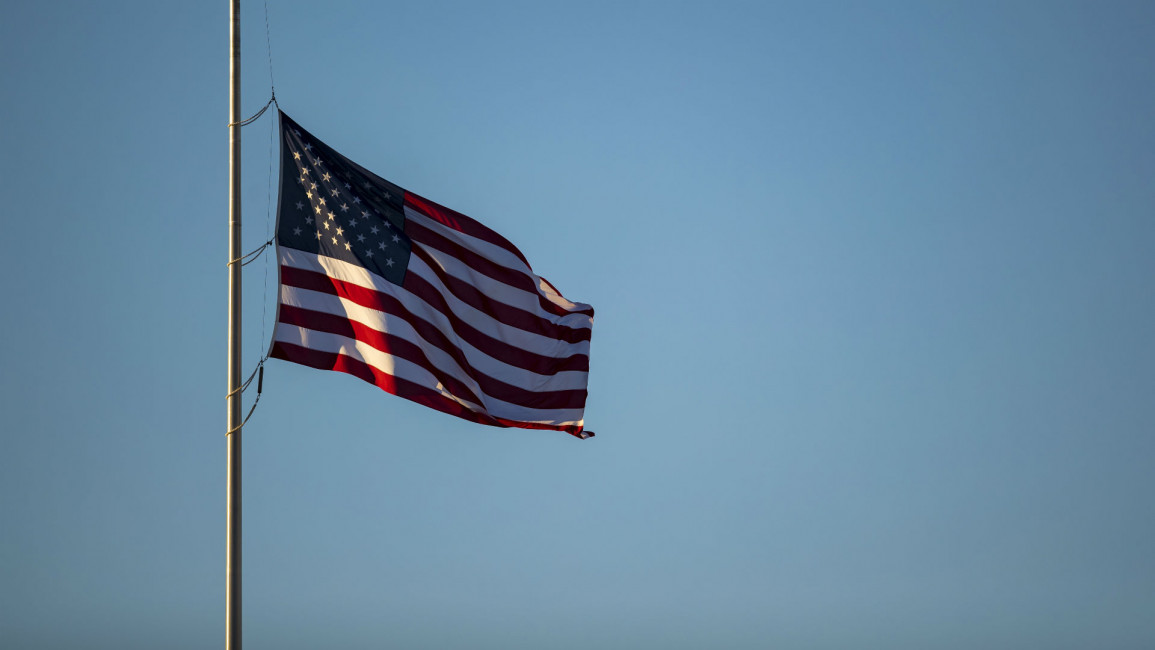Yemeni mother granted 'Muslim ban' waiver to visit dying toddler
US authorities on Tuesday granted a waiver for its visa ban for citizens from several Muslim-majority countries for a Yemeni mother to visit her dying toddler, activists said.
Shaima Swileh had been unable to visit her two-year-old son, US citizen Abdullah Hassan, who suffers from a rare genetic brain condition and is on life support in a hospital in Oakland, California.
Yemen is one of six countries whose citizens are banned from travel to the US by President Donald Trump's order.
After a tearful televised plea from the boy's father, the US embassy in Cairo issued a visa for Swileh, who has been staying in Egypt as she tries to fly to the United States, according to the Council on American-Islamic Relations, the Muslim civil rights group that assisted the family.
"We are trying to get her on the soonest flight over," said a member of the group's Sacramento chapter, who asked not to be quoted by name.
Abdullah's grandfather earlier said that Swileh was crying every day as she tried to reunite with her son, who the family plans to take off life support after doctors concluded that his case is terminal.
"We need her to see her son one last time. To hold him for at least a minute. She's not going to see him forever," the grandfather, Fawzi Hassan, told the San Francisco Chronicle.
Until the media attention, the family said it kept receiving automated responses from US authorities that their case was being processed.
Representative Barbara Lee, a Democrat who represents Oakland, took up the case and said it showed how Trump's travel ban was "inhumane and un-American".
"As a member of Congress, and a mother myself, the cruelty of barring a mother from reuniting with a sick child takes my breath away," she tweeted late Monday.
Trump vowed during the 2016 campaign to ban all Muslims from entering the United States, despite constitutional protections of freedom of religion, after a mass shooting in California by a couple of Pakistani origin.
A presidential order to enact the ban triggered several legal challenges and revisions, until it was upheld by a divided Supreme Court in June.
The ban blocks new visas to nearly all citizens of five Muslim-majority countries - Iran, Libya, Somalia, Syria and Yemen - as well as North Korea.



